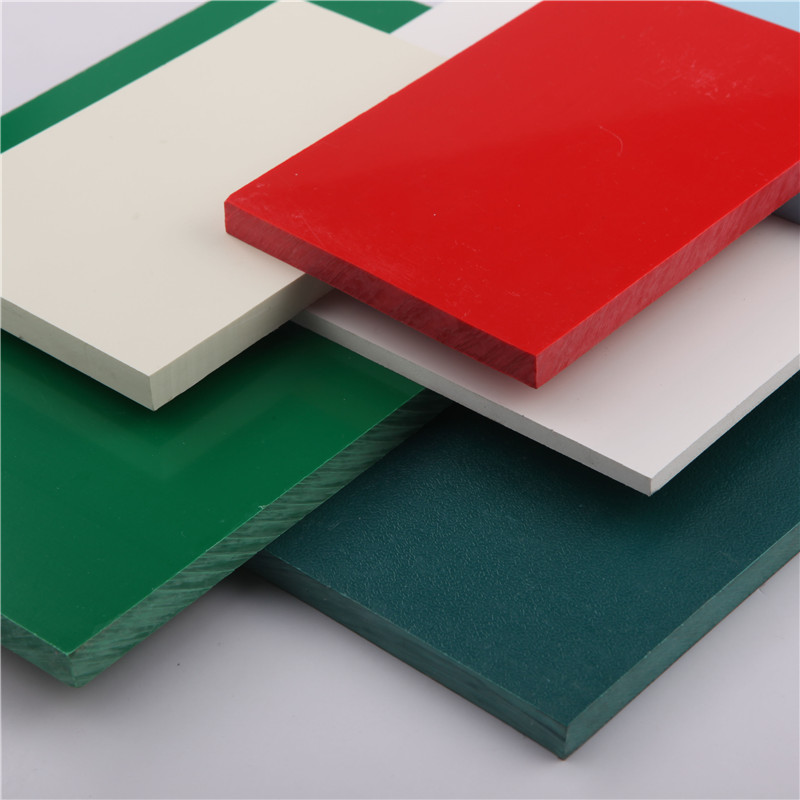Urr . 18, 2024 05:30 Back to list
Exploring the Benefits of HDPE Pipes in Drip Irrigation Systems for Efficient Farming
The Benefits and Applications of HDPE Pipe in Drip Irrigation Systems
Drip irrigation has gained prominence in modern agriculture as an efficient and sustainable method of watering crops. Among the various materials used for drip irrigation systems, High-Density Polyethylene (HDPE) pipes stand out due to their unique properties and advantages. This article explores the benefits and applications of HDPE pipe in drip irrigation, highlighting its role in advancing agricultural practices.
What is HDPE?
High-Density Polyethylene (HDPE) is a strong, lightweight thermoplastic made from petroleum. Its robust chemical and physical properties make it ideal for various applications, including plumbing, drainage, and irrigation systems. HDPE pipes are known for their excellent tensile strength, resistance to corrosion, and flexibility, which are vital for efficient fluid transport in agriculture.
Advantages of HDPE Pipes in Drip Irrigation
1. Durability HDPE pipes are resistant to environmental factors such as UV radiation, moisture, and temperature variations. This durability ensures a longer lifespan compared to traditional materials like PVC or metal.
2. Flexibility The flexibility of HDPE allows for easy installation in diverse terrains. Farmers can maneuver the pipes around obstacles and adapt to the landscape, making it an ideal choice for varying agricultural setups.
3. Cost-Effectiveness Although the initial cost of HDPE pipes may be higher than that of alternative materials, their longevity and low maintenance needs make them a cost-effective solution in the long run. Reduced labor costs for installation and less frequent replacements contribute to overall savings.
4. Water Conservation Drip irrigation is widely regarded as one of the most efficient watering techniques, delivering water directly to the plant roots. By minimizing evaporation and runoff, HDPE pipes play a crucial role in conserving water—a vital resource in agriculture.
5. Chemical Resistance HDPE's resistance to a variety of chemicals makes it suitable for use in areas where fertilizers or pesticides are applied. This property ensures that the pipes do not degrade over time, maintaining their integrity and performance.
hdpe pipe drip irrigation

6. Reduced Soil Compaction Using HDPE pipes in drip irrigation minimizes soil compaction, as the lightweight material does not exert excessive pressure on the soil. This promotes healthy root development and better crop yields.
Applications of HDPE Pipes in Drip Irrigation
HDPE pipes can be used in various agricultural contexts, including orchards, vineyards, field crops, and greenhouse operations. Their versatility allows for a tailored approach to irrigation, accommodating different plants' water requirements.
1. Orchards and Vineyards In fruit orchards and vineyards, HDPE drip irrigation systems provide precise water delivery tailored to each plant's unique needs, which ultimately enhances fruit quality and yield.
2. Row Crops For row crops like corn or tomatoes, HDPE pipes facilitate efficient irrigation, allowing farmers to maintain optimal soil moisture levels while reducing water usage.
3. Greenhouse Systems In controlled environments like greenhouses, HDPE pipes can be integrated into hydroponic systems for a consistent water supply, supporting steady growth and minimizing disease risks related to waterlogging.
4. Landscaping Beyond traditional agriculture, HDPE drip irrigation is increasingly utilized in landscaping and gardening. Landscape architects utilize this system to maintain lush environments while conserving water resources.
Conclusion
The integration of HDPE pipes in drip irrigation systems represents a significant advancement in sustainable agriculture. Their durability, cost-effectiveness, and flexibility make them an invaluable tool for farmers seeking to enhance water efficiency and crop yields. As the demand for efficient irrigation continues to grow in the face of climate change and water scarcity, HDPE pipes will likely play a crucial role in shaping the future of agriculture and promoting sustainable practices worldwide. The ongoing innovation in irrigation technology, coupled with the advantages of HDPE, positions this material as a cornerstone of modern agricultural practices.
-
Durable PP Rigid Sheet: Lightweight, Chemical Resistant Solutions
NewsAug.21,2025
-
PVC Grey Sheet for Extraction: Chemical Resistant & Durable
NewsAug.19,2025
-
Durable PVC Pipe Fittings for Plumbing & Irrigation Needs
NewsAug.18,2025
-
HDPE Steel Belt Reinforced Spiral Corrugated Pipe | High Strength
NewsAug.17,2025
-
HDPE Pipe Fittings: Durable, Leak-Proof Solutions
NewsAug.16,2025
-
Premium CPVC Sheet: High-Temp & Chemical Resistant Solutions
NewsAug.15,2025

